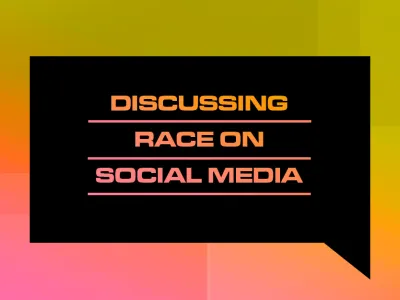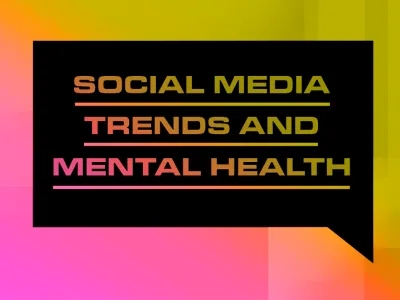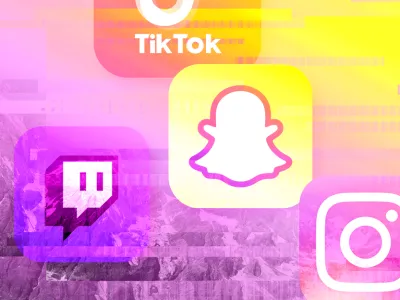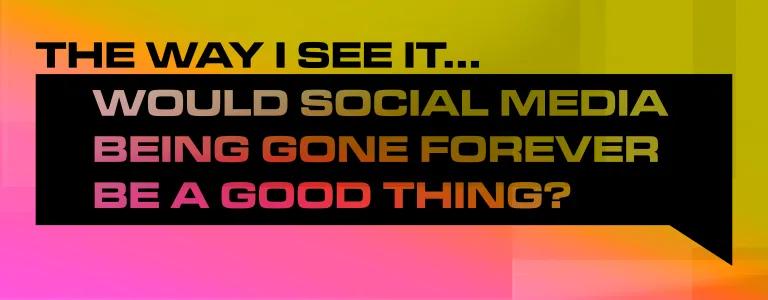
Would Social Media Being Gone Forever Be A Good Thing?
Include this article in your Skills Builder Journal. It could help you develop... ![]()
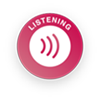
Social media is pretty impossible to not be part of. There are so many different platforms and ways to share your life and see other peoples. But what would happen if social media disappeared for good? Would it be a positive or a negative thing? Writers’ Club members Molly and Elise share the way they see it…
Trigger Warning: mentions of suicide and bullying behaviour
Molly: It would be a good thing
Social media has played a huge part in our lives, especially since the first lockdown – primarily, it helped us to keep up with what everyone else was doing! However, social media doesn’t actually show people’s real lives. It can be easy to get sucked into the ‘perfect world’ of social media, especially with a rise of influencers on platforms such as Instagram and TikTok. It is also easy to then get down on yourself when you don’t fit today’s unrealistic beauty standards. It is important to remember that the photos people choose to post to social media will show themselves in their best light, with perfect lighting and editing that may not actually represent how they look in real life. Whilst social media can be great, the pressure it brings to fit into societal ideals can have really damaging effects on mental health – everyone else’s ‘perfect lives’ are constantly pushed to the front of our phones, and remain a reminder that you don’t look the same as Person X, or have as much money as Person Y.
Social media can also be a hugely negative area. People feel protected behind an anonymous screen name, and feel like they can say whatever they want without thinking about the consequences. Take into account the number of suicides involving people linked with high profile TV programs such as Love Island; all of these people had extremely large social media presences, and were the subject of constant internet abuse. After countless cases of cyberbullying and its more recent media coverage, it would have been easy to assume that people would change their behaviours online. Unfortunately, this is not the case. Internet abuse doesn’t just occur to people with high profile social media accounts either – with young people having access to mobile phones and social media at an increasingly young age, cyberbullying is becoming far easier.

Screen time also plays a big part of why I think that a lack of social media would be a good thing. I find TikTok in particular very addictive – and before you know it, four hours have gone by, and you are still sitting on your phone with no idea of what you have actually been watching. At the end of the day, time spent sat watching endless videos or scrutinising other peoples’ photos is actually a bit of a waste, and ultimately made me feel even more lonely during lockdown as I was so aware of how isolated I was from everyone else. Now that we are allowed back outside again with only some limited restrictions, I intend to make the most of it. I am going to go on walks with my friends, go on day trips, explore the city, have crazy nights out and cosy nights in. Lockdown has definitely made me appreciate that life is happening right in front of me, and I am determined not to miss another minute glued to my phone.
Elise: it would be a bad thing
As members of Gen Z, we are the first generation to grow up surrounded by the internet and social media. This means we’ve spent our whole lives being warned against the dangers of having an online presence – whether that be cyberbullying, privacy invasions or strangers with sinister intentions – and while it’s certainly important to be aware of all that, people hardly ever talk about the benefits. We’re so focused on keeping safe that we often forget to appreciate what an incredible tool we have at our disposal.
Primarily, social media is all about connection. It allows us to communicate with people from every corner of the world. For example, I adore my family in California but only get to see them for a few weeks every other year because of the huge distance. Now, by sending lengthy videos back and forth over Snapchat my cousin and I have become much closer and we can be involved in each other’s daily lives from thousands of miles away. The internet makes it so easy to forge stronger relationships with friends and family who live far away, as well as new people we wouldn’t otherwise have met. Naturally, talking to strangers is always accompanied with major risks but the internet provides a home for beautiful communities where you can find your people. Just remember to take the necessary precautions and stay safe.
The online world also offers a super simple way to share information and spread awareness about important issues. Many people rely on it as their primary news source and, despite the wealth of fake news populating social media, having so much data at your fingertips keeps you updated on current affairs. One of my favourite things in a conversation is when someone asks a ridiculously niche question and everyone in the room immediately pulls out their phone to scour Wikipedia for the answer – we’re that intrigued by the unknown!

It’s also a gold mine for new opportunities. Since the pandemic, small businesses have had more widespread attention and many people have decided to try their hand at starting one themselves, with social media playing a big marketing role. What’s more, I often search the internet for competitions and events that will help me with school, improve my writing or just give me something to do; there’s so much out there!
There really is something for everyone online, and social media has a plethora of advantages that encourage us to learn, innovate and grow. Heed the warnings and take care, but don’t forget how wonderful it is.
If you’ve had a negative experience on any app, remember you can get help and support. Have open conversations with an adult that you trust, or, you can always reach out to Childline and speak confidentially with their trained counsellors for free, on 0800 1111 or visit childline.org.uk.


